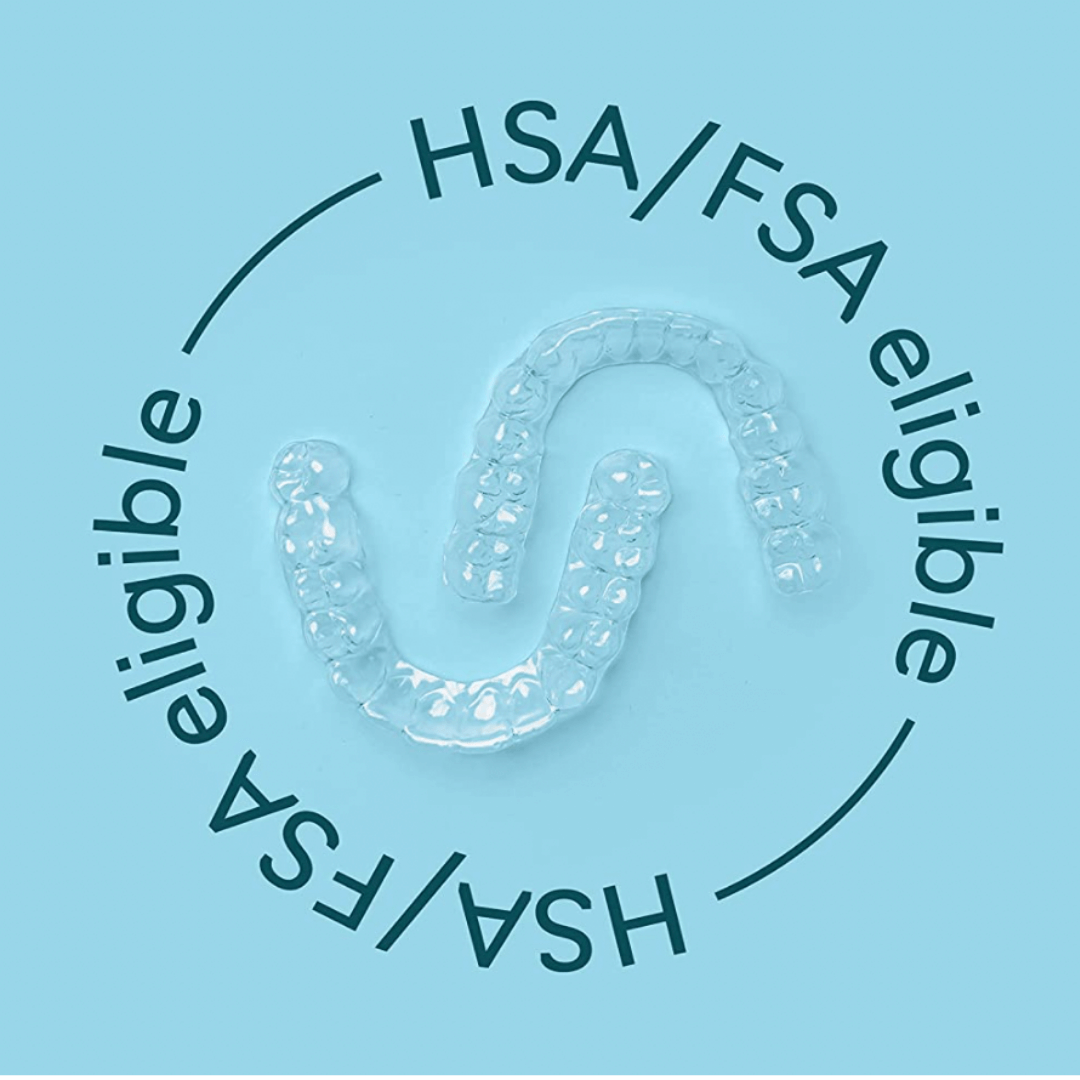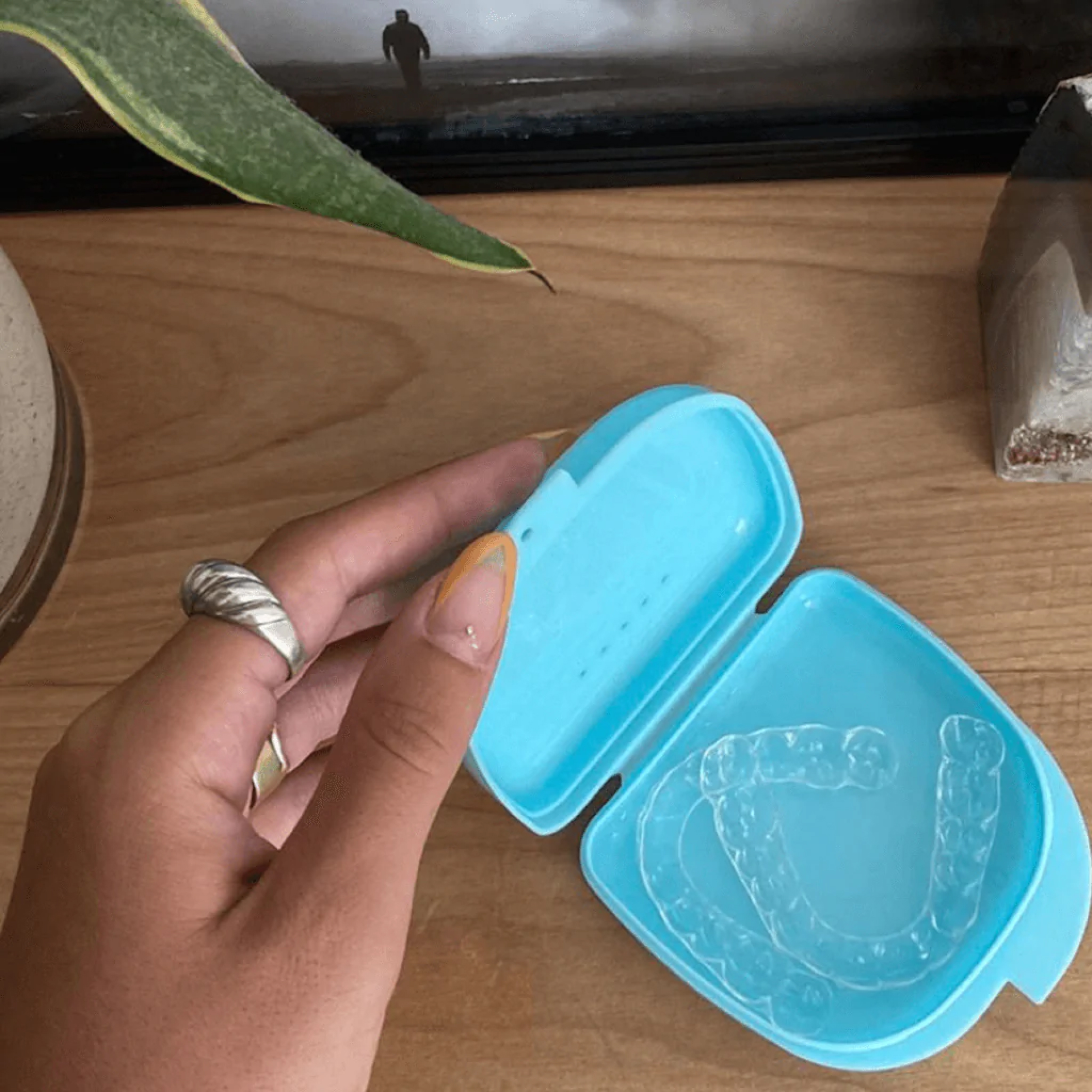Can a Custom Night Guard Cause Headaches?
Night guards are a common treatment for those who suffer from teeth grinding or jaw clenching, also known as bruxism. While they can be an effective solution for many people, some users may wonder if their custom night guard is causing headaches. In this article, we will explore the connection between night guards and headaches, discuss the importance of a properly fitted night guard, and provide tips for preventing headaches when using a night guard.
Understanding Night Guards and Their Purpose
Do you find yourself waking up with a sore jaw or experiencing tooth sensitivity? If so, you may be suffering from bruxism, a common condition that affects millions of people worldwide. Fortunately, there is a simple solution that can help alleviate the symptoms of bruxism: a night guard.
What is a Night Guard?
A night guard, also known as a dental splint or occlusal splint, is a dental appliance often made from a soft or hard plastic material that is custom-fitted to the user's teeth. The purpose of a night guard is to protect the teeth and dental work from the harmful effects of excessive grinding and clenching.
When you wear a night guard, it acts as a barrier between your upper and lower teeth, preventing them from coming into contact with each other. This not only protects your teeth from wear and tear but also helps to alleviate the symptoms of bruxism, such as jaw pain and headaches.
Why Do People Use Night Guards?
Night guards are primarily used to treat bruxism, a condition characterized by the involuntary grinding or clenching of the teeth during sleep. Bruxism can result in several dental problems, such as tooth wear, cracked or chipped teeth, and tooth sensitivity. In addition, untreated bruxism has been linked to temporomandibular joint disorder (TMJ) and the development of headaches and migraines.
Aside from protecting your teeth and alleviating the symptoms of bruxism, night guards can also improve the quality of your sleep. People who suffer from bruxism often experience interrupted sleep, which can lead to fatigue and other health problems. By wearing a night guard, you can sleep more soundly and wake up feeling refreshed.
If you think you may be suffering from bruxism, it is important to seek help from a dental professional. They can diagnose your condition and recommend the best course of treatment, which may include the use of a night guard.
Overall, night guards are a simple and effective solution for anyone suffering from bruxism. By protecting your teeth and alleviating the symptoms of this condition, you can improve your oral health and get a better night's sleep.
The Connection Between Night Guards and Headaches
Night guards are a common dental appliance used to protect teeth from damage caused by grinding or clenching during sleep. While they are beneficial for preventing dental issues, they can also contribute to headaches.
How Night Guards Can Contribute to Headaches
As mentioned, an ill-fitted or worn-out night guard can cause an improper alignment of the jaw and put unnecessary pressure on the teeth, leading to strained jaw muscles and tension. This strain and tension can contribute to the development of headaches. In some cases, the headaches may even become chronic if the issue is not addressed.
However, there are other ways that night guards can contribute to headaches as well. For example, if the night guard is too thick or too thin, it can cause discomfort and lead to headaches. Additionally, excessive clenching or grinding while wearing the night guard can cause tension in the jaw muscles, leading to headaches.
Factors That May Increase the Risk of Headaches
Several factors may increase the likelihood of night guard-related headaches. Some of these factors include:
- Wearing an improperly fitted night guard
- Using a night guard that is too thick or too thin
- Excessive clenching or grinding while wearing the night guard
- Allergic reactions to the materials in the night guard
- Wearing a damaged or worn-out night guard
It is important to note that an allergic reaction to the materials in the night guard is a less common cause of headaches. However, it is still important to be aware of this possibility and to speak with your dentist if you experience any unusual symptoms after wearing a night guard.
Preventing Night Guard-Related Headaches
The best way to prevent night guard-related headaches is to ensure that your night guard fits properly and is in good condition. This means visiting your dentist regularly to have your night guard checked and adjusted as needed. Additionally, practicing stress-reducing techniques, such as meditation or yoga, can help reduce clenching and grinding and prevent tension headaches.
If you are experiencing headaches or any other symptoms related to your night guard, it is important to speak with your dentist. They can help determine the cause of your symptoms and recommend the appropriate treatment.
The Importance of a Properly Fitted Night Guard
How a Custom Night Guard is Made
A custom night guard is created based on a mold or digital scan of the patient's teeth. This ensures a precise fit and optimal comfort for the user. The process typically involves a dental professional taking an impression of the patient's teeth using a putty-like material or a digital scanner. The impressions or scans are then sent to a dental lab where the custom night guard is fabricated.
Signs of an Ill-Fitting Night Guard
An ill-fitting night guard can cause discomfort and may not provide the desired protection from teeth grinding and jaw clenching. Some signs that your night guard may not be fitting properly include:
- Difficulty breathing while wearing the night guard
- Difficulty speaking or swallowing
- Pain or discomfort in the jaw, teeth, or gums
- Presence of sores or irritation inside the mouth
- The night guard frequently falling out during sleep
If you notice any of these signs, consult your dental professional for an evaluation and possible adjustment or replacement of your night guard.
How to Prevent Headaches When Using a Night Guard
Tips for Adjusting to a New Night Guard
When first using a new custom night guard, it may take some time to adjust to the feel and fit of the appliance. Here are some tips to help with the adjustment period:
- Wear your night guard consistently to help your body adapt to the new sensation
- Try wearing the night guard for short periods during the day to become more comfortable
- Practice relaxation techniques and deep breathing exercises to reduce tension and stress before bedtime
Regular Dental Checkups and Night Guard Maintenance
Visit your dentist regularly for checkups and to ensure your night guard is in good condition. These checkups allow for early detection of any issues and can help prevent headaches related to a poorly fitted or damaged night guard. Additionally, ensure you clean and maintain your night guard properly by following your dentist's instructions.
Alternatives to Custom Night Guards
Over-the-Counter Night Guards
Over-the-counter (OTC) night guards are a less-expensive alternative to custom-fitted night guards. Available in various types and sizes, OTC night guards can be bought at pharmacies or online. While they may not offer the same level of comfort, fit, and protection as a custom night guard, they can be a decent option for some people. However, it is essential to consult your dental professional before opting for an OTC night guard to ensure it is suitable for your needs.
Other Treatment Options for Teeth Grinding and Jaw Clenching
If a night guard is not sufficient or suitable for managing your teeth grinding or jaw clenching, other treatment options may be available, such as:
- Stress management and relaxation techniques
- Behavioral therapy to change habits associated with teeth grinding
- Medications or Botox injections to help relax jaw muscles
- Dental treatments to correct misaligned teeth or bite issues
Consult your dental professional to determine the best course of action for treating your bruxism and preventing any associated headaches.




